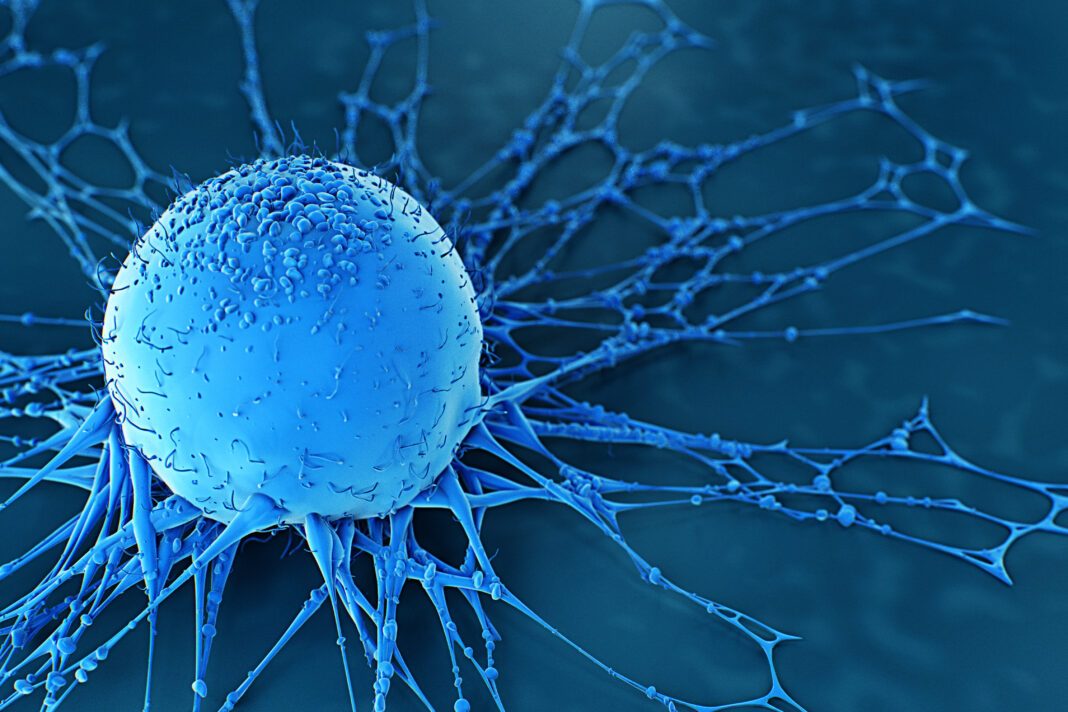Researchers are actively searching for ways to extend the survival benefit of targeted cancer therapies to prevent the possibility of highly resistant tumors. A new study led by researchers at the Duke Cancer Institute describes a potential new strategy to disrupt the repair mechanism that cancer cells use after treatment, halting their ability to regenerate.
The findings are published in the journal Science Translational Medicine, in a paper titled, “Small-molecule targeted therapies induce dependence on DNA double-strand break repair in residual tumor cells.”
“Residual cancer cells that survive drug treatments with targeted therapies act as a reservoir from which eventual resistant disease emerges,” the researchers wrote. “Although there is great interest in therapeutically targeting residual cells, efforts are hampered by our limited knowledge of the vulnerabilities existing in this cell state. Here, we report that diverse oncogene-targeted therapies, including inhibitors of epidermal growth factor receptor (EGFR), anaplastic lymphoma kinase (ALK), KRAS, and BRAF, induce DNA double-strand breaks and, consequently, ataxia-telangiectasia mutated (ATM)–dependent DNA repair in oncogene-matched residual tumor cells.”
“There is a significant need to figure out ways to make targeted therapies work better with more long-lasting effect,” said senior author Kris Wood, PhD, associate professor in the department of pharmacology and cancer biology at Duke. “This research provides a potential strategy to do that with drugs that are currently under investigation.”
The researchers discovered that targeted therapies induce breaks in DNA strands of the cancer cells that survive treatment. Efficient repair of those DNA breaks is critical for tumor cell survival and dependent on a molecule called the ATM enzyme.
“We were surprised to find that the ATM pathway was frequently activated by these surviving cancer cells,” Wood said. “That finding led to the next question: Could we disrupt the repair process?”
The researchers used ATM inhibitors that are currently under investigation, and the answer was yes. Testing in non-small cell lung cancer in mouse models and laboratory cultures, they found that an ATM kinase inhibitor, in combination with targeted therapies, eradicated residual cancer cells, leading to more durable remission of the cancer.
“Together, these findings establish a rationale for the mechanism-based integration of ATM inhibitors alongside existing targeted therapies,” concluded the researchers.


